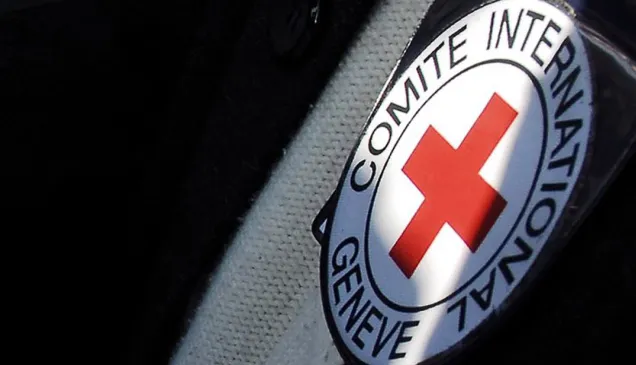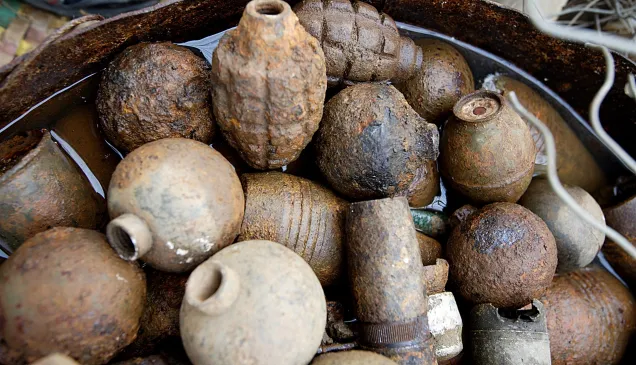Madam President, Excellencies, Ladies and Gentlemen,
This is not the first time that I stand in front of you at a meeting of States parties to the Cluster Munitions Convention on behalf of the International Committee of the Red Cross (ICRC). Yet it is the first time when we are so somberly reminded of how much there is yet to be done and consolidated.
The Convention on Cluster Munitions stands at a juncture. The international community must urgently take deliberate steps and lead towards effectively protecting civilians. Protecting communities requires strengthening the prohibition and the stigma against any use of cluster munitions by anyone, under any circumstances.
It is true that there has been significant progress on several fronts. There are now 112 States that have renounced the use of these weapons. Huge quantities of stockpiles have been destroyed since the Convention’s adoption in 2008. The ICRC also congratulates Bosnia and Herzegovina for having met their clearance obligations under the Convention, becoming the ninth State Party to do so.
But there are a number of challenges that today require the attention of the Convention’s community.
First and foremost, these deadly weapons that kill and maim indiscriminately continue to be produced, transferred and used for example in the armed conflict between Russia and Ukraine, or in Syria among others.
Cluster munitions are not an abstract or theoretical threat. They are a quantifiable, heartbreaking calamity. Civilians account for the vast majority of casualties by cluster munition attacks and their remnants: as high as 93% according to the latest Cluster Munition Monitor report. Children account for almost half of the victims. Each case represents a life, a family, a community forever impacted.
A second concern is the stalling rate of accessions to this Convention that has such clear humanitarian goals. Now is the time to question why only two states have joined the Convention since 2020 and what further steps you can take toward universal adherence.
A third challenge is that a State Party has initiated what would be a first ever, and highly regrettable, withdrawal from the Convention.
None of these challenges are isolated nor disconnected from each other. The third challenge in particular is a deeply worrying manifestation of the idea that international humanitarian law (IHL) treaties, such as this Convention, would be instruments to be adopted in times of peace and stability but abandoned when confronted with an elevated security threat or outbreak of an armed conflict, precisely when IHL applies. Such a notion is fundamentally at odds with the entire concept of international humanitarian law.
All the reasons that led to the negotiations and adoption of the Convention remain valid; the appalling humanitarian cost of cluster munitions is not diminished by a changing security environment.
Madam President, Ladies and Gentlemen,
This Meeting of States Parties is a moment for reflection, but also for action. For you all to determine the course of our future.
You can do so first by not allowing international humanitarian law to unravel – a body of law so painstakingly built over decades on the bitter and horrifying experience of preceding wars.
Second, you can do so by reinforcing the stigma associated with cluster munitions and denouncing any conduct that departs from the humanitarian norms of the Convention, including by unequivocally condemning any use of cluster munitions by anyone, anywhere.
Finally, you can do so by calling on and engaging with all States not yet party to the Convention to join and fully adhere to its provisions without delay.
Maintaining and strengthening IHL is a collective responsibility of all states. It serves the national interests of all states – as well as humanity as a whole. It must be a political priority, especially so in times of greater polarization, insecurity and increasing armed conflicts.
Sixteen years ago, as we hailed the adoption of this Convention in Oslo, the then-ICRC President said: “the road to Oslo does not end in Oslo. It ends when the use of these weapons has ceased, when stockpiles are eliminated, when contaminated areas have been cleared and when victims have been helped to rebuild their lives.” Today we must collectively mobilize to this end. You must reaffirm that commitment, and safeguard international humanitarian law, for the sake of humanity.
Thank you.




